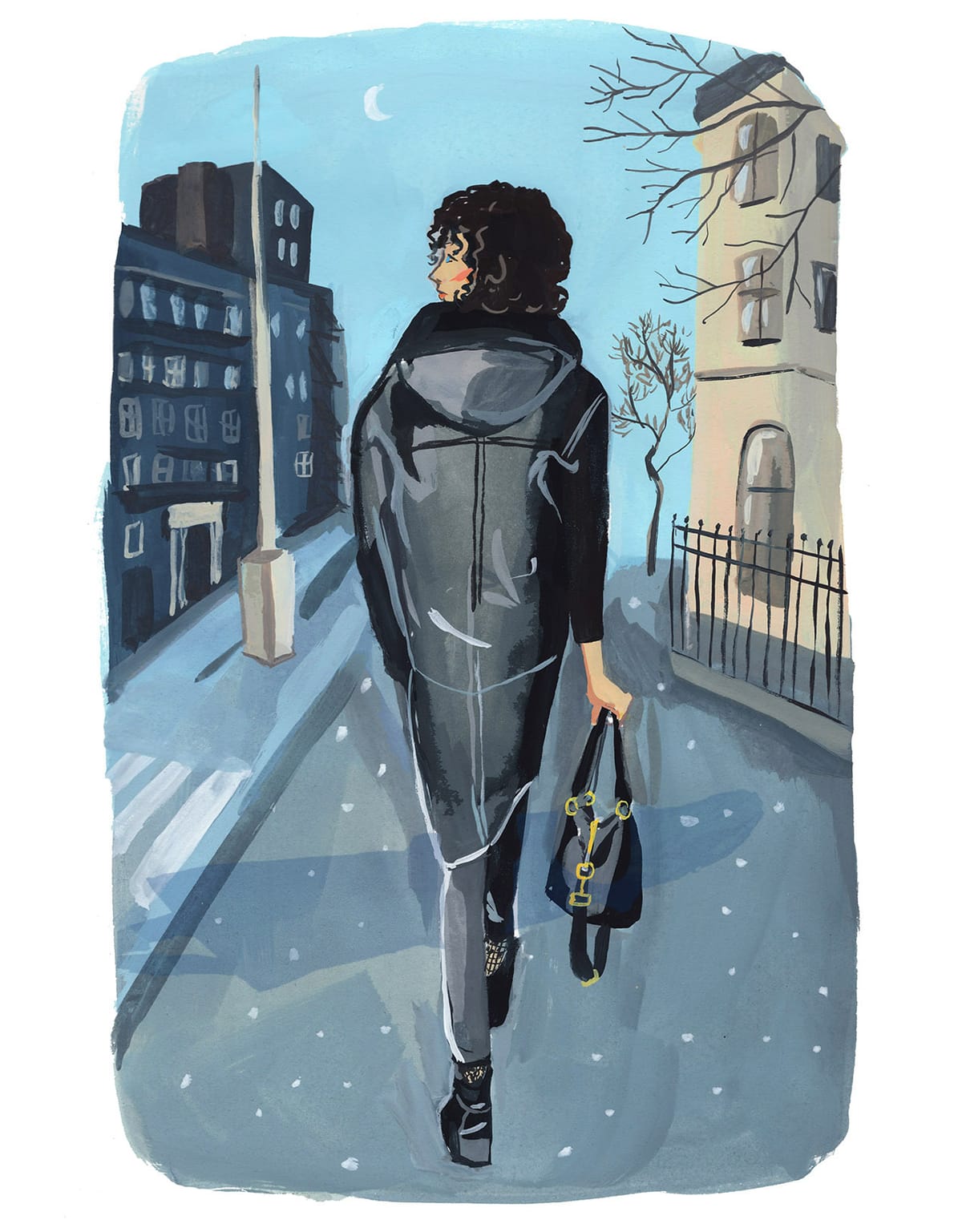Post Covid, Why Do Women Seem to Be Suffering So Much More Than Men?
The pandemic’s effects linger in the form of a sweeping mental health crisis that’s burdening young women. And then there's long Covid.

It might be tempting to refer to the pandemic as a thing of the past; something that’s now part of history. But it’s not. The pandemic’s effects, at least, aren’t over: They linger in the form of a sweeping mental health crisis that’s disproportionally burdening young women. And they linger in the millions of individuals who are living with the debilitating symptoms of long Covid every day.
A powerful reminder of this was served up a few weeks ago in the form of new research by Gallup to mark the five-year anniversary of the World Health Organization declaring Covid-19 a pandemic. Gallup found that Americans’ perception of their own physical and mental health has declined consistently over the past few years—and especially since the pandemic—with young women suffering in particular.
The researchers found that just 15% of women aged 18 to 29 polled from 2020 to 2024 said they considered their mental health to be “excellent.” That marks a staggering 33-percentage point decline from the 48% of women within this age group who said the same thing between 2010 and 2014. This significantly exceeds the 20-point decline for men aged 18-29 during the same time frame. Their scores declined from 53% between 2010 and 2014 to 33% between 2020 and 2024.
Why do women seem to be suffering so much more than men?
Mental Health
There are several theories. Even before the pandemic, women were more likely than men to report mental health disorders, including serious mental illness. Of course it’s hard to establish exactly how much of this gender gap can be chalked up to a gender difference in willingness to talk about mental health, but an extensive body of research suggests that women are more likely to suffer from depression than men—that’s thanks to a slew of reasons ranging from hormonal changes to unequal power dynamics.
Women were also more likely than men to pick up extra unpaid labor as a result of the pandemic—childcare, for example, as daycare centers and schools were forced to shut. One study conducted about a year into the pandemic found that over half of mothers with school age children had found the stress and worry of the pandemic was affecting their mental health, with one in five characterizing the impact as “major.”
Looking at the responses across all demographics and age groups, Gallup identified some other interesting trends: Black adults saw a particularly sizable deterioration in their perception of their own mental health, as did college graduates, as did those with a household income of above $30,000, as well as respondents who did not indicate a religious affiliation.
To be sure, Gallup also noted that there could be more to the shift in how people perceive their mental health than might meet the eye. It could certainly be symptomatic of heightened anxiety brought on by the Covid-19 crisis, but it might also reflect heightened public and medical attention to mental health during this period, or a lessening of the stigma around admitting mental health challenges. In other words, mental health might not be getting worse (or at least not quite by the magnitude that the data indicate) it might just be becoming less of a taboo to talk about it now than it has been in the past.
Long Covid
Then of course, there’s long Covid, a condition that can be debilitating, and has upended the lives of millions globally. It is devastating on any number of levels, but what’s often forgotten is that long Covid is an economic issue, as well as a personal health issue. In fact, the two are very much connected.
Research published in the journal Nature Medicine last summer estimated that over 400 million people worldwide have developed long Covid at some point, resulting in an annual global economic cost of $1 trillion. And yes, women are at a higher risk of developing long Covid than men: Specifically, they’re 1.31 times more likely to have long Covid than their male counterparts.
A recent Yale-led study, for example, found that up to 14% of 3,500 long Covid patients surveyed across the U.S. had not returned to work three months after first getting sick. That same research also found that almost one in 10 long Covid patients suffered from five or more symptoms. And these participants—which included young, previously healthy individuals—were twice as likely to be unable to return to work within three months compared with those without all of those symptoms.
“It’s a myth to assume this data reflects issues limited to unvaccinated individuals, retiring adults, or people with pre-existing medical conditions,” Arjun Venkatesh, a professor of emergency medicine at Yale School of Medicine and the primary author of the study commented at the time. “Our cohort tends to be younger and highly vaccinated, yet the reality is that they continue to have prolonged symptoms after an acute Covid infection, which significantly affects their ability to work.” Research into why exactly these demographics are so susceptible has not yet yielded conclusive answers.
So yes, while the WHO officially declared an end to the Covid-19 pandemic back in 2023, let’s acknowledge that for many it’s still part of everyday life. It continues to be a women’s health issue, an economic economic empowerment issue, and an issue of overall independence and wellbeing.











